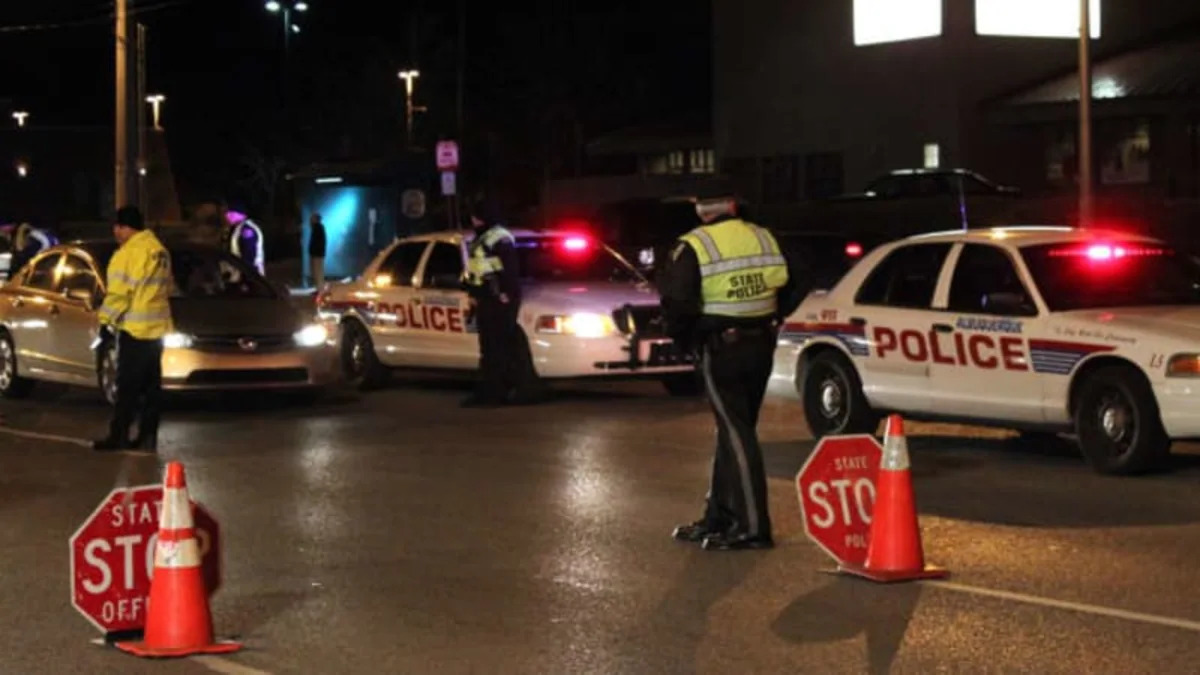Last year, the National Roadside Survey of Alcohol and Drugged Driving kicked off in 60 cities across the US. The survey, as the name suggests, attempts to gauge the level of drunk and drugged driving on US roads. This is the fifth time the voluntary survey has been conducted since 1973, but this latest round has raised the ire of some motorists and lawmakers."I'm concerned that motorists who encounter these surveys are not properly informed the survey is voluntary." - Rep. Tom Petri
The big thing making headlines is the use of a passive alcohol sensor. It's a device that can collect breath samples while several inches from a person's face. Previously, it was being done without the consent of survey participants, and in some cases, before citizens even agreed to participate in the survey.
"I'm certainly supportive of research on drunk driving, but I'm concerned that motorists who encounter these surveys are not properly informed the survey is voluntary," said Tom Petri, the chairman of the House Highway and Transit Subcommittee, during a hearing. "We are increasingly living in a society where people are worrying about Big Brother, and government overstepping its bounds in a number of different areas, and I think we need to be sensitive to that."
Petri's statements, along with questions from people confronted by officers and contractors, has led the National Highway Traffic Safety Administration to ban the use of passive alcohol sensors without the explicit permission of people that have agreed to participate in the survey.
Acting NHTSA Administrator David Friedman said the regulator was, "removing the initial use of an air sampler to test the level of alcohol on people's breath, to ensure that we get their consent first before gathering any data."
There's also a degree of concern from lawmakers about the use of uniformed officers in the surveys, which may give the impression that participation is required. "The public is clearly, we're hearing from them they are concerned about this," Representative Petri said.
The practice doesn't seem likely to end, though, with Friedman saying, "I understand those concerns and we've continued to take those concerns very seriously."
What are your thoughts on this development? Is the government at fault for authorizing the use of these sensors? Would you participate in the survey if confronted by an officer or a contractor? Let us know by posting your thoughts in Comments.


Sign in to post
Please sign in to leave a comment.
Continue